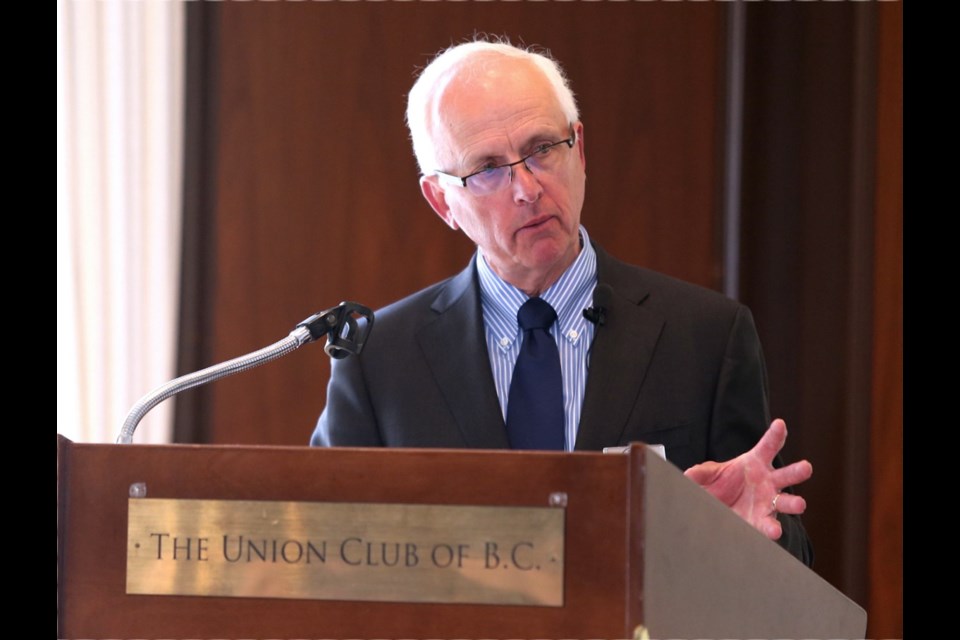While Vancouver developers are predicting new projects will continue rising in the capital region, they say any other outsiders wanting to build here must understand local conditions.
That includes recognizing that community groups hold considerable sway. Some municipalities insist developers run proposals by neighbourhood organizations for approval prior to submitting applications to city hall.
Other factors include the shallow labour pool in Greater Victoria, where skilled trades are in high demand. Patience is part of the formula — and with that the possibility of a longer development timeline.
But there are considerable upsides. Land costs are lower in Greater Victoria than in Vancouver, and developers predict more Vancouver residents — some armed with millions after cashing out of Lower Mainland real estate — will move across the water to live here.
The Urban Development Institute of Victoria heard Monday from three Vancouver-based developers who shared their insights and recent experiences from working in the region. Developers spoke to an audience of more than 100 at the Union Club of B.C.
All are optimistic about the future of developing in Greater Victoria.
Jon Stovell, president of Reliance Properties, noted there “really aren’t any heritage buildings left in Vancouver that haven’t been redone.”
Reliance is finishing the Janion project, 1612 Store St., with 122 micro-units. The Janion is a mix of an 1891 hotel and new construction. When units went on sale, some buyers were so eager that they camped overnight to nail down a condo. Reliance specializes in working on heritage buildings and was a major force in Gastown’s redevelopment.
“I think that [Vancouver] basically uses community consultation to put you through while they get what they want,” Stovell said. Whereas in Victoria, it seems there is more flexibility as community response comes in.
“I find that the most challenging part of it.”
Also, Victoria council is “way too involved in planning approvals,” Stovell said. Rather than going before council, the system could be de-politicized if development permits, for example, could be vetted according to whether they comply with existing rules, such as the Official Community Plan.
Brian McCauley of Vancouver-based Concert Properties, which has been building condominium towers in Victoria, said that until recently, when it comes to sales, “our experience here has been a game of patience.” The company has done well in sales in and around completion of projects, he said. “There is a magic size that makes sense in Victoria. It’s arguably in the 60-80 unit size.”
Concert has done larger projects, such as its recently completed Era, a 156-unit condominium development in the 700 block of Yates Street. That project did well right from the start, with about 30 per cent of units sold in pre-sales, McCauley said.
David Roppel of Vancouver’s Aragon Properties, which owns 26 acres in a former Cordova Bay gravel pit, said their project can be divided into smaller pieces as they phase in housing. The company is aiming to build more than 300 homes in a variety of housing types.
“As a company, we tend to lean more toward selling from completion or near-completion.”
Aragon is comfortable building out over a longer time, he said.
The company is also operating in Esquimalt, where it owns the English Inn and plans to build on its lands. Aragon also will work with the township to develop the Esquimalt Village Project.
Roppel said he appreciated the frankness and clarity of municipal officials and was pleased to see lower development-cost charges compared to areas such as the Cambie corridor in Vancouver.



